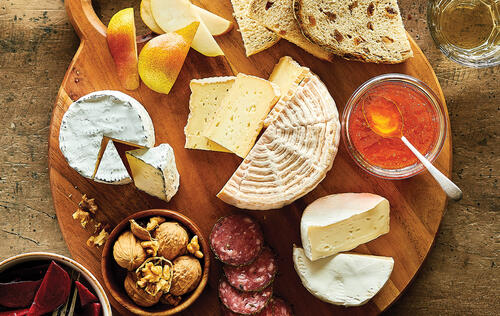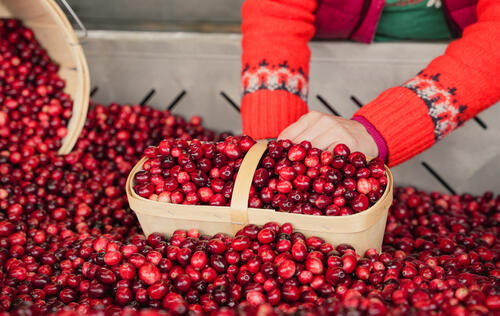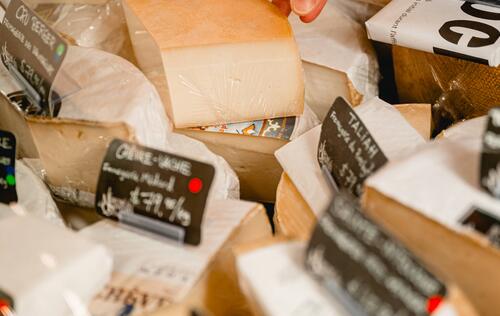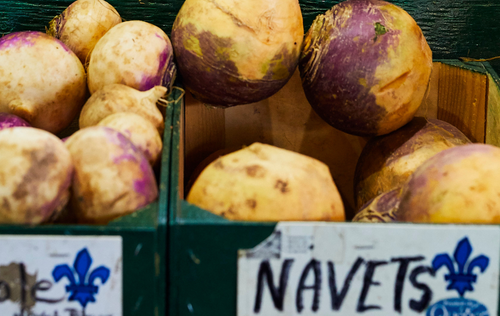Anti-waste resolutions: 3 tips for rising to the challenge
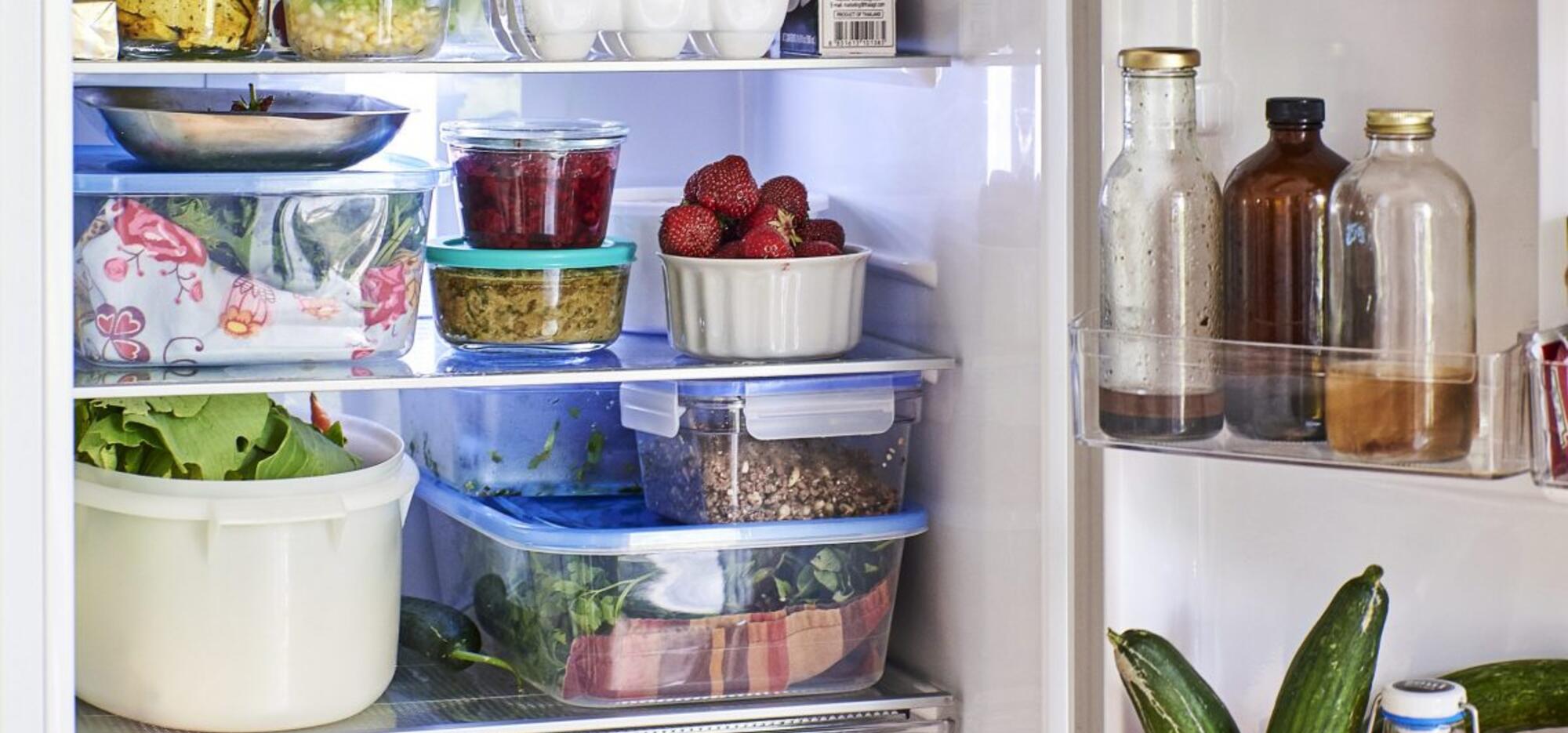
New Year's resolutions are always synonymous with good intentions... but we abandon them fairly quickly... The problem is that we systematically fall into the performance trap, forgetting to have fun. I've often heard the phrase ‘a goal without a plan is just a wish...’. Personally, I prefer to say ‘adopting a new lifestyle without pleasure is impossible!’
Pleasure allows us to project ourselves into the future, without falling into the trap of performance. One day at a time. To achieve realistic results that are truly like us...
According to the scientists at Project Drawdown, reducing food waste is THE most important solution for combating climate change. The good news is that you can achieve this by adopting small, positive habits on a daily basis!
1) fridge void challenge
The idea is to take the surplus food you've accumulated over the last few months and cook it as a priority. Of course, you'll have to stop off at the grocery shop to find the missing ingredients, but you'll only buy the essentials (lettuce, cucumber, bananas, etc.). For the rest, you can create your menus based on the food available in your fridge, pantry and freezer. This challenge is a good starting point for developing your creative kitchen reflexes, and above all, saving a lot of money! I bet your culinary inventions will be a hit with your family!
Here's a quick checklist to help you meet the challenge:
- It's not about deprivation, it's about creativity;
- Make an inventory of your surplus and set yourself a number of days to complete this challenge so that you don't get discouraged from the outset;
- Adapt everyday recipes;
- Anticipate the multiple uses of leftovers (leftover rice can easily become a veggie burger).
2) Encouraging anti-waste initiatives by markets
A few years ago, I signed up for a project run by the Réseau des fermiers-ères de famille, which involves adopting a local market-gardener and supporting them by buying a pre-paid basket of fruit and vegetables. So when I go to pick up mine at the Jean-Talon Market, I always browse the aisles to add products from local artisans.
I've noticed that the merchants themselves are adopting anti-gaspi habits. You can buy baskets at a discount at the end of the day or at weekends. Although some of the food may look faded or be unsold surplus, the taste and quality remain. This increasingly popular practice will allow you to make considerable savings, while discovering new foods.
Did you also know that you can ask your shopkeeper for the quantity of a vegetable you need, and they'll sell it to you individually? That way, you don't have to watch them languish at the bottom of your fridge. Don't be afraid to ask your shopkeeper for advice. He'll even be able to suggest recipes for cooking your surplus.
Isn't it nice to get closer to the land that feeds you and your market gardeners, while helping to reduce the food miles? I'm telling you, to try it is to adopt it!
Here's a quick checklist to help you meet the challenge:
- Choose the right formula: buying in bulk, baskets of ugly fruit and vegetables, farm baskets or pre-paid à la carte baskets;
- Every week, try to cook a new recipe using seasonal foods to avoid getting bored of a food that comes back a lot (beetroot or squash, for example);
- Adapt everyday recipes by substituting a few categories of ingredients. There's nothing like a rutabaga to replace a potato or beetroot in a recipe. That's right!
3) Eating Local Challenge
Because a resolution should be kept all year round, have you tried being locavore for 365 days?
I challenge you to visit your local market once a week to encourage your artisans and benefit from their expertise. The aim here is not necessarily to buy everything there (although that's possible, even in February!), but rather to adopt a new lifestyle.
It's an opportunity to buy a good cheese with local meat, and why not add a vegetable that you don't eat as often?
I'd also like to suggest the Eating Local Challenge, which takes place in September during the harvest season. Your local farmers' market is the best place to shop. At this time of year, fruit and vegetables are plentiful, fresh and delicious. You'll save big! And why not take the opportunity to stock up for the cold season?
Here's a quick checklist to help you meet the challenge:
- Register on the website defijemangelocal.ca;
- Organise canning chores with friends and family, so you can share the knowledge and the workload;
- Make sure you have canned food for the most popular everyday recipes (tomatoes for spaghetti sauce, marinades for sandwiches, etc).
So this year, I'm challenging you to adopt a more eco-responsible lifestyle so you can waste less, while having fun looking after the planet! Do you want to get on board?
Photo by Josiane de la Sablonnière
